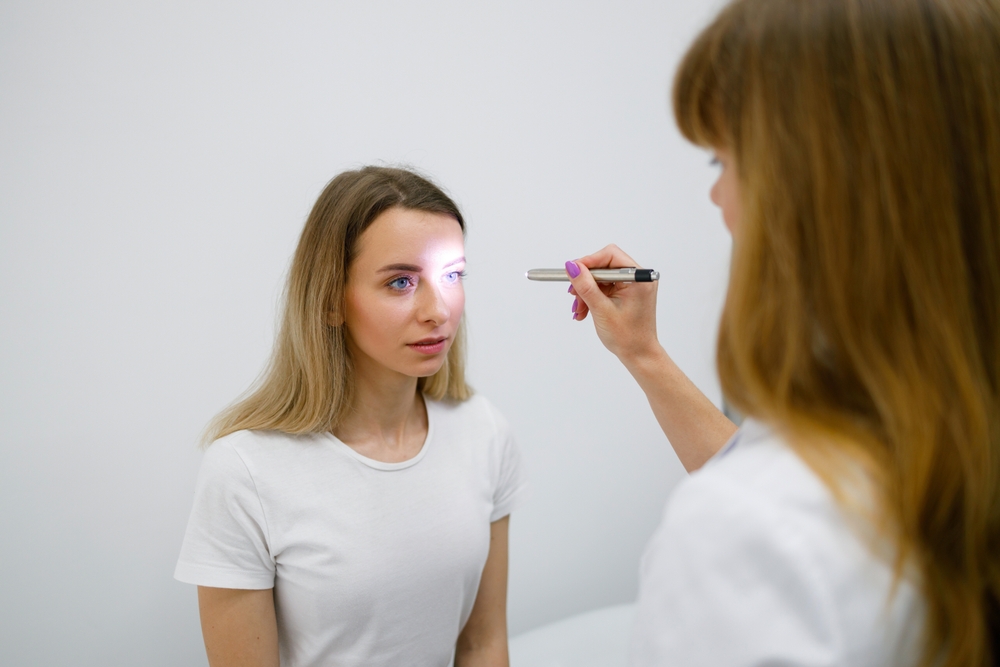
When you step outside on a bright day, you typically adjust quickly to the sunlight. But what if the light seems too harsh? What if you find yourself squinting, feeling uncomfortable, or even experiencing pain? You may be suffering from light sensitivity, also known as photophobia. Understanding the causes is a step towards managing this condition and improving your quality of life.
Identifying Dry Eye
Dry eye is an eye condition where your eyes do not produce enough tears, or the tears evaporate too quickly. This lack of moisture can make your eyes feel uncomfortable, causing a range of symptoms such as redness, itchiness, and light sensitivity.
But how do you identify if dry eyes are causing your light sensitivity? It can be challenging, as light sensitivity can be a symptom of various conditions. However, if you’re experiencing other symptoms of dry eye along with light sensitivity, it may be the cause. In addition to light sensitivity, if you also have a gritty feeling in your eyes, redness, or a burning sensation, these could be signs of dry eye syndrome.
How Dry Eyes Cause Light Sensitivity
The surface of your eyes is covered with a thin layer of tears, known as the tear film. This tear film not only lubricates your eyes but also plays a crucial role in focusing light.
When your eyes are dry, the tear film is disrupted. This disruption can scatter the light entering your eyes, leading to light sensitivity. Additionally, dry eyes can cause inflammation on the surface of your eyes. This inflammation can make your eyes more sensitive to light.
Coping with Light Sensitivity Due to Dry Eyes
If you've been diagnosed with dry eyes causing light sensitivity, you might be wondering how to cope. Here are a few strategies that can help.
Firstly, keep your eyes lubricated. This can be achieved through artificial tears or lubricating eye drops which can help maintain the tear film on your eyes.
Secondly, consider wearing sunglasses. Sunglasses can help protect your eyes from harsh light, reducing your light sensitivity. Choose sunglasses that block out 100% of UV rays for the best protection.
Lastly, take breaks from screen time. Staring at screens for long periods can aggravate dry eyes and increase light sensitivity. Make sure to take regular breaks, blink often, and consider using a screen filter to reduce glare.
When to See an Optometrist
If you're experiencing light sensitivity, it's important to consult an optometrist. While light sensitivity can be uncomfortable, it's usually a symptom of an underlying condition, such as dry eyes.
Seek medical attention if your light sensitivity is severe or persistent, or if it's accompanied by other symptoms such as redness, pain, or vision changes. These could be signs of a more serious eye condition that requires immediate attention.
Conclusion
Light sensitivity can be a discomforting condition, impacting your daily life. It can be caused by various conditions, including dry eyes. Recognizing the symptoms of dry eyes can help you identify if this is causing your light sensitivity. It's crucial to consult an optometrist if you're experiencing any eye discomfort or changes in your vision. They can provide a definitive diagnosis and guide you on how to manage your condition effectively.











